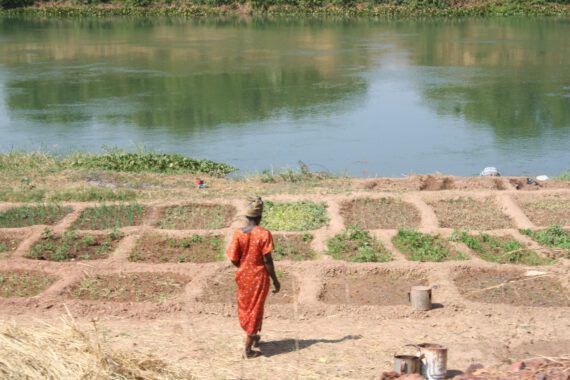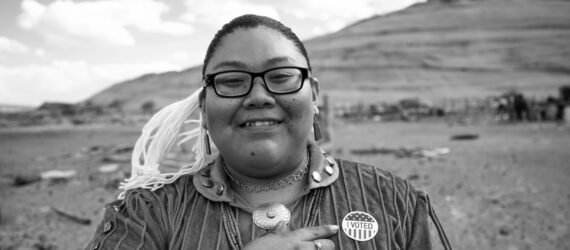By Sia Gevao
Bread for the World has consistently sought to draw attention to the hunger crisis affecting millions of people in Mali and neighboring countries. According to the latest hunger hotspots update from the World Food Programme (WFP) and the Food and Agriculture Organization (FAO), Mali and neighboring Burkina Faso are a regional hunger hotspot “of highest concern,” two of five top-priority countries for humanitarian workers for the period November 2023 through April 2024.
Learning a little more about Mali and its 21 million people can help Bread members and other advocates better understand the factors that endanger the lives of Mali’s people, especially its children. Mali is a landlocked country in Africa’s Sahel region, which stretches across the continent just south of the Sahara Desert. For centuries, the Mali Empire was a key player in trans-Saharan trade. Mali became a French colony late in the 19th century and won independence from France in 1960.
Mali’s development has been hindered by colonial rule and then by the military dictatorships that controlled the country for more than three decades after independence. In 1992, Mali held elections and transitioned to a multiparty democratic system. But the past decade has been one of political instability, including three coups in 2012, 2020, and 2021.
A web of interconnected factors has produced a very tense political situation and a continuing hunger crisis. Some of these factors are persistent poverty, corruption, weak government capacity, and natural disaster, particularly drought. Northern Mali borders the Sahara Desert, and with climate change, the pace of the desert’s encroachment into inhabited areas has quickened. Such “desertification” reduces farmers’ and herders’ ability to produce food, leading directly to food shortages.
Armed conflict is a top cause of global hunger, and Mali is among many lower-income countries struggling with ongoing insecurity. Struggles over political power in the capital city, Bamako, play out in violence across the country. Participants in the current fighting include government forces that are controlled by a disorganized military regime, armed separatist factions in the north, intervention by regional non-state actors that cross Mali’s borders, and fighters who are part of an ongoing rebellion.
According to data from the UN International Office on Migration (IOM), more than 375,000 Malian citizens were internally displaced as of April 2023. Humanitarian workers struggle to provide the food, medical care, and other basics people need because of insecurity and restrictions on movement.
In Mali, an estimated 27 percent of children younger than 5 suffer from chronic malnutrition and/or from stunting–permanent damage to their health and development seen in people who survived severe malnutrition before the age of 2. The Ministry of Health and Social Affairs receives support for nutrition programs from the UN Children’s Fund, UNICEF, in partnership with WFP, the Food and Agriculture Organization (FAO), and the World Health Organization (WHO). These programs prioritize the “1,000 Days,” the most critical human nutrition window which lasts from pregnancy to a child’s second birthday.
These and other nutrition initiatives facilitated by WFP, including delivery of packaged meals, school feeding programs, and cash support, are essential. Their impact could be expanded by supporting community-based humanitarian agencies in producing nutritious local specialties. Local women could also provide substantial assistance to international humanitarian organizations by facilitating food purchases from nearby regions with lower levels of hunger. There is also potential to expand local production of foods—based on corn, wheat, and rice—that are suitable for very young children.
Female-led households are twice as likely to suffer from hunger as those with an adult male present. Women have no choice but to be resilient, innovative, and resourceful since there’s not enough outside humanitarian assistance available. In addition to using their cooking skills and advanced knowledge of locally-sourced foods to feed their own families and manage community gardens and kitchens, women can give even young children essential survival skills such as how to preserve food using drying, fermentation, and underground storage.
Support for women’s leadership in politics and conflict resolution—particularly in groups also attended by men—could help communities use a fresh lens to find holistic solutions. The global community can help by initiating contact with leaders of the many splintered factions, using dialogue not only to emphasize the necessity for peace, but also to acknowledge and begin to understand their problems.
Sia Gevao is an international hunger intern, Policy and Research Institute, with Bread for the World.



